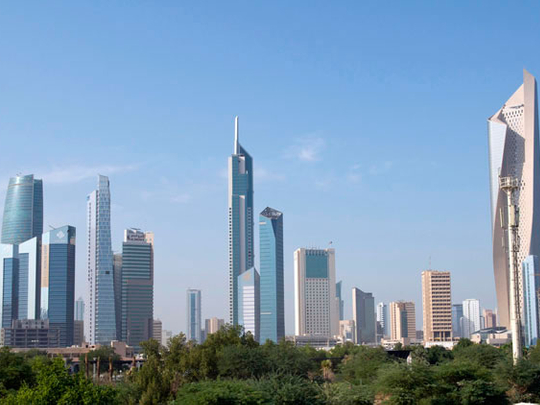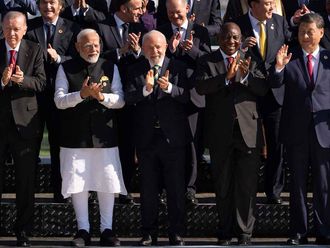
Kuwait City: In an effort to address the demographic imbalance, the National Assembly’s Human Resources Development committee is reviewing governmental and parliamentary proposals that aim at reducing the number of expatriates residing in Kuwait, local media reported.
MP Khalil Al Saleh, Head of the Human Resources Development committee, said that the committee met with the Minister of Social Affairs, Mariam Al Aqeel, to discuss the governmental proposal that lays out a plan to reduce the number of expats in Kuwait.
As for the parliamentary proposals, the committee will review seven proposals presented by various MPs.
The various proposals point out short and long term plans in regards to the demographic imbalance. Around 360,000 expats will be affected by the short term plans: illegal permit holders, expats over 60 and ‘marginal workers’.
According to a governmental report obtained by Al Qabas, there are around 120,000 illegal permit holders in Kuwait. The government has been investigating fake companies and is cracking down on illegal permit traders as a way of addressing the demographic imbalance.
There are around 90,000 expats, over the age of 60, that might be forced to leave Kuwait if the proposal is set into motion. Out of the 360,000 that might be forced to leave Kuwait, 150,000 of them are‘marginal workers’. The government’s proposal also includes reducing the number of ‘marginal workers’ by 25 per cent.
In addition, one of the proposals aims at reducing the number of expats working in the public sector. The proposal follows a 2018 governmental policy, known as Kuwaitisation, which aims at shifting the workforce balance in that 100 per cent of the public sector employees are Kuwaiti. As of 2018, 24 per cent of governmental employees are expats, according to the General Statistical Bureau of Kuwait.
Two weeks ago, the Ministry of Interior announced that it is reviewing 70,000 residency permits of expats that are stuck outside of Kuwait to determine who will be allowed to return to Kuwait. Those that are most likely to be barred from returning are: expats above the age of 60, those with permits from fake companies, and ‘marginal workers’.
Demographic imbalance
During the meeting, the government pointed out that between 2005 and 2019, the population of Kuwait increased by double, reaching 4.42 million. Although Kuwaiti citizens increased by 55 per cent during that period, the number of expats grew by 130 per cent, increasing from 1.33 million in 2005 to 3.08 million in 2019.
The topic of demographic imbalance has gained momentum recently, as the governmental officials and MPs call on shifting the imbalance.
In June, the prime minister, Sheikh Sabah Al Khalid Al Sabah, proposed reducing the percentage of expats from 70 to 30 per cent.








